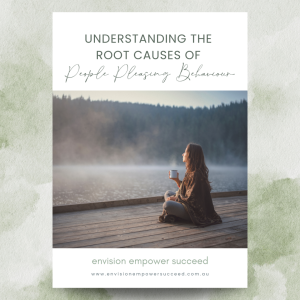Gaslighting is a manipulative behaviour that can be quite harmful to your emotional wellbeing. Here are some signs to look out for to determine if your friend is gaslighting you:
Constant denial or invalidation:
If your friend consistently denies things that you know to be true or invalidates your feelings and experiences, it could be a sign of gaslighting. They may question your memory or perception, making you doubt yourself.
Twisting the truth:
Gaslighters often twist the truth or manipulate facts to their advantage. They may create confusion by changing their story or exaggerating details, leaving you questioning your own understanding of events.
Blaming and shifting responsibility:
Gaslighters often avoid taking responsibility for their actions and instead shift the blame onto you. They may make you feel guilty or responsible for their behaviour, leaving you feeling confused and unsure of yourself.
Constantly undermining your self-esteem:
Gaslighters often criticize and belittle you, making you doubt your worth and capabilities. They may mock your ideas, minimize your accomplishments, or constantly compare you unfavourably to others.
Isolating you from others:
Gaslighters may try to isolate you from friends and family members who might support or validate your experiences. They want you to rely solely on them for validation, making it easier for them to manipulate you.
Creating a sense of fear and anxiety:
Gaslighters often use fear tactics to control and manipulate you. They may threaten to reveal your secrets or use intimidation to make you comply with their wishes.
Dismissing your feelings:
Gaslighters often dismiss your feelings as irrational, overreacting, or exaggerating. They may tell you that you’re “too sensitive” or that it’s all “in your head,” which can make you question your own emotions.
If you notice several of these signs in your friendship, it’s important to trust your instincts. Gaslighting is a form of emotional abuse, and it’s essential to prioritize your well-being. Consider setting boundaries, seeking support, or even reevaluating the friendship if necessary.
Remember, you deserve to be treated with respect and empathy.







